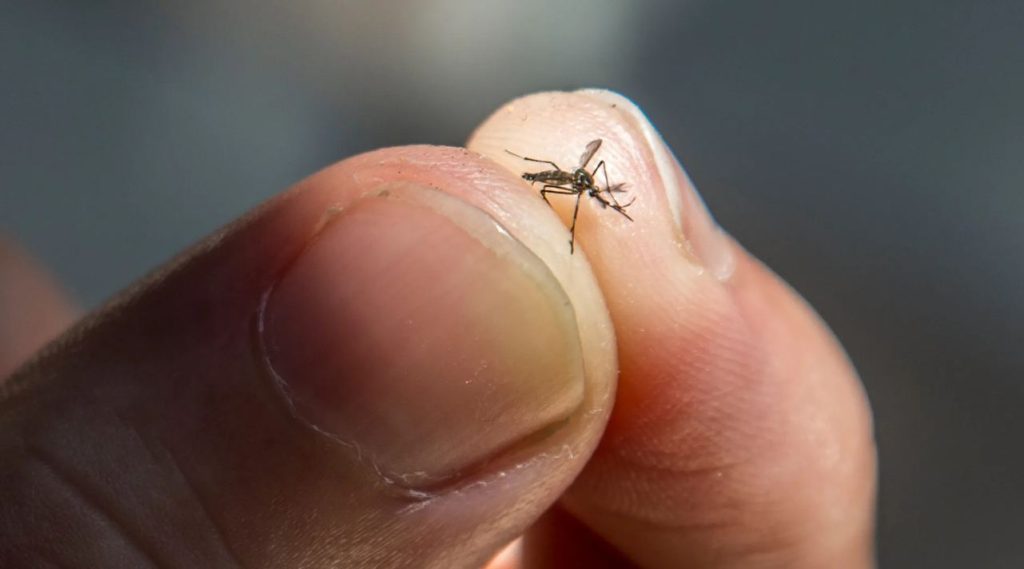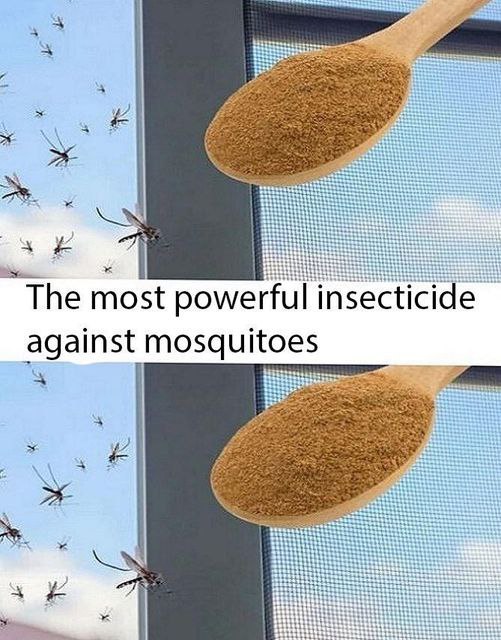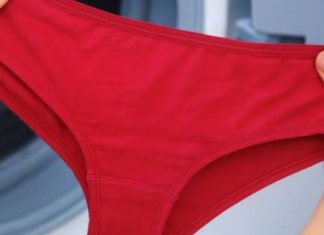Did you know one of the most effective natural insecticides against mosquitoes is hiding in your kitchen? A recent article highlights how mixing just vinegar and cinnamon creates a potent, chemical-free spray that makes mosquitoes vanish—perfect for outdoor pest control without the harsh ingredients found in conventional repellents
Why Vinegar and Cinnamon Work
Vinegar’s strong, acidic scent masks the carbon dioxide and sweat that attract mosquitoes. Cinnamon adds another layer of deterrence: its essential oils are both pungent and toxic to insects. Researchers have observed that cinnamon oil can kill mosquito larvae and repel adults, making this duo impressively effective .

Simple DIY Recipe
Here’s how to make your own spray:
Ingredients
- ½ cup white vinegar
- ½ teaspoon ground cinnamon (or 10–15 drops essential oil)
Instructions:
- Mix vinegar and cinnamon (or essential oil) in a spray bottle.
- Shake well before each use.
- Spray on outdoor surfaces—patios, picnic tables, even your body (test for skin sensitivity first).
- Reapply every few hours or after rain.
This quick blend offers an eco-friendly and pocket-friendly alternative to store-bought sprays
Nature-Based vs. Chemical Repellents
While natural repellents can be effective in mild conditions, most experts suggest combining them with traditional repellents for robust protection. Ingredients like lemon eucalyptus, citronella, tea tree, peppermint, and geranium have EPA-recognized insect-repelling properties.
For best results:
- Use natural sprays when chemical exposure is a concern
- Add conventional repellent when mosquitoes are dense
Tips to Enhance Effectiveness
Ensure maximum performance by following these tips:
- Crush leaves of repellent plants (e.g., citronella or rosemary) to release oils
- Use diffusers indoors, leveraging scents like lavender or lemon eucalyptus
- Eliminate standing water to stop mosquito breeding
- Create coffee-ground smoke around patios—it naturally deters mosquitoes
thespruce.com
What Experts Say
Dr. Eva Buckner (Univ. of Florida) warns that a multipronged approach works best: essential oils help, but DEET or picaridin-based repellents remain the gold standard for longer-lasting protection. Vinegar sprays are practical and pleasant but need frequent reapplication, especially during mosquito season peak hours .
How to Use It Safely
Skin test first—dilute spray and apply to a small forearm area for 24 hours to check for irritation.
- Avoid eyes and cuts—don’t spray on sensitive areas.
- Reapply often—natural repellents evaporate quicker than chemicals.
- Use at peak times—apply during dusk and dawn when mosquitoes are most active
Final Takeaway
For a natural, cheap, and effective mosquito deterrent, vinegar and cinnamon make a formidable combo. Paired with essential oils and sensible habits—like removing standing water and using diffusers—you’ll build a layered defense without chemicals. In high-risk areas, supplement with EPA-approved repellents for full protection.

Conclusion: Natural Defense That Packs a Punch
When it comes to repelling mosquitoes, you don’t always need expensive sprays filled with chemicals. Simple ingredients like vinegar and cinnamon, often already in your kitchen, can create an effective and natural alternative. While this DIY solution may not completely replace industrial repellents in high-risk areas, it offers a chemical-free and eco-friendly option that’s easy to make and surprisingly effective. For everyday use—especially in gardens, patios, or during evening outdoor gatherings—this homemade spray can be your first line of defense. Combine it with good mosquito prevention practices like eliminating standing water and using natural diffusers, and you’ll enjoy a more peaceful summer.

















